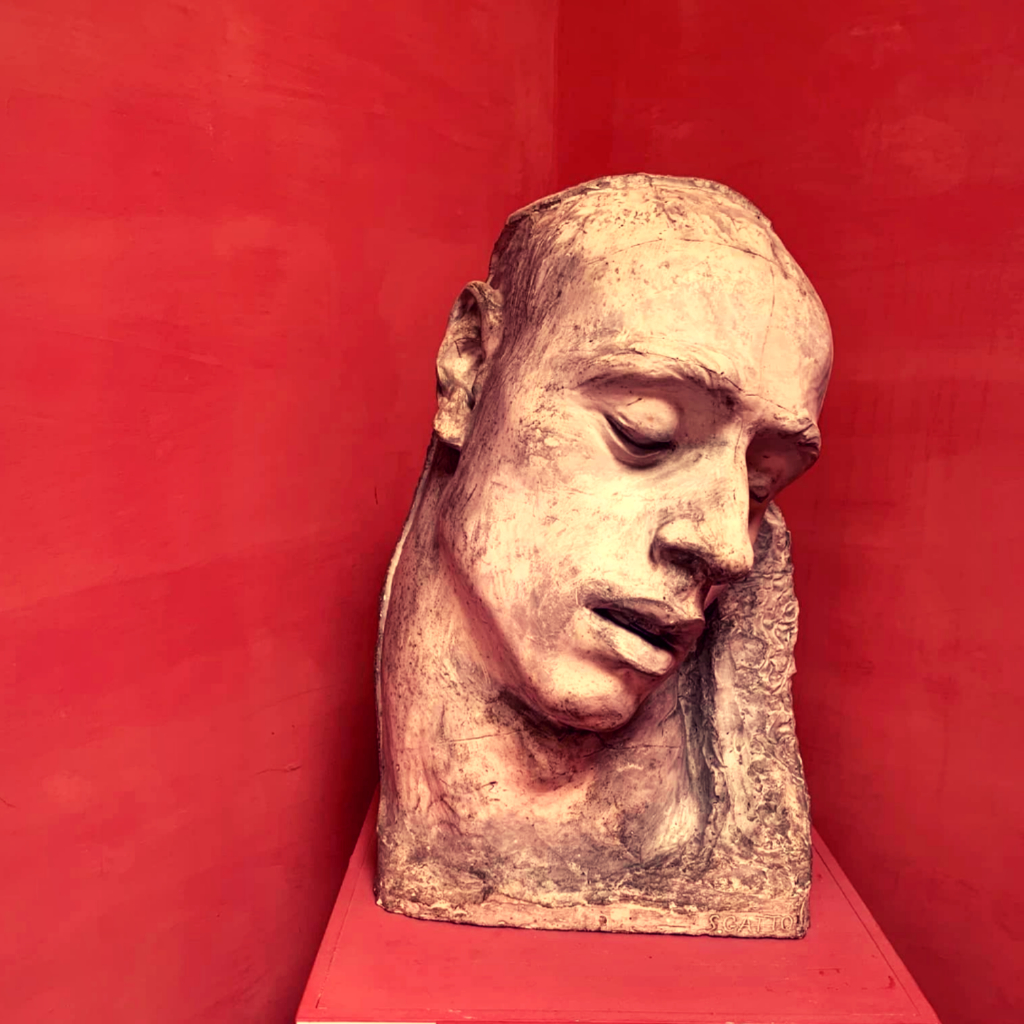Today celebrates the 85th anniversary of the Austrian lyrical soprano, the performer of operas, oratorios, songs and concerts Gundula Janowitz. We have collected of significant quotes to assess the impressive scope of the musician’s personality.
When that final Liederabend came, I drove to a forest, stopped the car and went for a walk – to bid farewell to my voice. And I thanked it because – apart from a couple of occasions, and that was my fault – it never let me down, it was always there. It was really as if I was saying goodbye to a person. I said: “I’m saying farewell to you, and thank you for having accompanied me for so long.”
I did carry on doing masterclasses, and there was one where a singer wanted to do the Donna Anna aria, so “Non mi dir”. She tried it, and I said, “you know, before I talk about it, let me just show you what I mean, I’ll sing it to you.” I started to sing, and in the middle of it, in the slow section, I said to myself: “Oh my God! What are you doing – you’ve already said goodbye!” Then I pulled myself together, and I think it was the best Donna Anna aria I ever sang. But never again.
Here is the composer with the word, and here is the listener. We’re in the middle; we’re taking these works to the listeners.
But no one told me! I would have stepped down. And at the same time I was supposed to do the role with Solti in America. So I had to write to Solti: “Please be so kind and release me, because I have to sing it in Vienna”. Then I come to Bernstein and he didn’t even look at me – and Fidelio is difficult for a singer – and I thought, ‘what has he got against me?’ He should have called Gwyneth Jones, who he always wanted, instead. I wouldn’t have minded. But then Karajan was angry too, because I’d done Fidelio with Bernstein! But today, looking back, I have to say it was all good. And, after all,’ she adds with characteristic modesty, ‘one’s just a small cog.
About her recording of Fidelio with Bernstein. Behind-the-scenes wrangling had left her recording the work with a conductor who in fact would rather have had someone else.

Then people ask why I don’t go to the opera. And I say: I wanted to sing. What others do doesn’t interest me. I enjoyed it when I had great colleagues or really beautiful voices next to me. But now I never listen to singing. I listen to chamber music, and I have a basket with all the Haydn symphonies next to my bed. I was away from home so much that I’m happiest now when I’m here at home in the evenings. I need my rest, and I read a lot’ – mainly history books, she tells me later, with a special focus on Berlin’s golden period of 1795-1806.
Two days a week I get my daughter’s dog – a little West Highland Terrier – to look after and we go walking. Once I week I go to the hospital and visit the sick. And then the week’s quickly over anyway! It’s a very calm life. Every day is important for me, and I’m very pleased that I can do it like that.
I’ve always been interested in music, and every day I go to sleep to a Haydn symphony – I hear the music and then I’m out. What better conclusion to the day?
I believe a little that everything’s preordained throughout one’s life. So I’m not sorry about what didn’t happen, and I’m pleased about what did happen. But saying, “Ja, if only I’d been able to do that” – no, that’s not me. I’m pleased that I managed to do what I set out to do. I wanted to sing, because I couldn’t imagine a life without singing, but today I can imagine it very well: I don’t sing at all now, never. It was enough.


